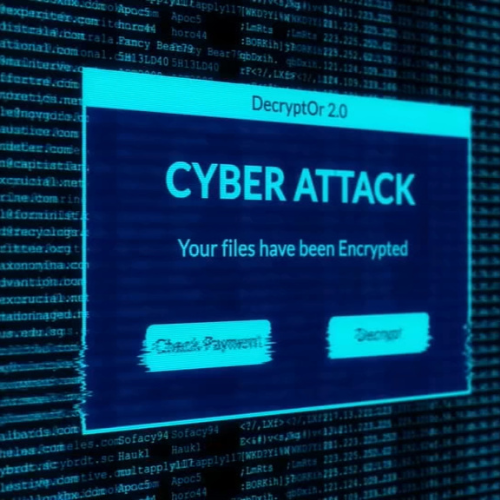In a troubling revelation, cybersecurity experts have identified a new wave of cyberattacks targeting Pakistani organizations. A hacking group known as Mysterious Elephant, also referred to as APT-K-47, is believed to be behind this campaign. Originating from South Asia, this group has been active since 2022 and has been linked to sophisticated espionage activities.
A Familiar Pattern of Cyber Espionage
According to researchers from the cybersecurity firm Knownsec, Mysterious Elephant’s tactics bear a striking resemblance to those of other South Asian hacking groups, such as SideWinder, Confucius, and Bitter. These groups are often suspected of ties to state-sponsored activities, particularly those originating from India.
In this campaign, Mysterious Elephant focused on delivering a powerful malicious tool called Asyncshell. This tool allows the hackers to take control of an infected device, steal information, and spy on the victim. Interestingly, the group has been improving and upgrading this tool over time. Cybersecurity experts first spotted Asyncshell in January 2023 when it was used to exploit a vulnerability in a popular Windows program called WinRAR, which is often used to open compressed files. Since then, four different versions of Asyncshell have been identified.
While the exact method these hackers used to break into systems remains unclear, experts suspect they relied on phishing emails—a common trick in which hackers send fake emails to trick people into opening harmful files or clicking on dangerous links.
The Strategy Behind the Attacks
Mysterious Elephant employed a clever and sneaky strategy in its latest attack. They sent a zip file—a type of compressed file—to their targets. Inside the zip file was an encrypted archive (a locked file) and a text document containing the password to unlock it. This unusual method likely helped the hackers avoid detection by antivirus programs.
Song Wu’s Alleged Cyber Espionage: A Deep Dive into Recent Cybercrime Cases
The attack also included a decoy document, which acted as a cover story. This document was hosted on a Pakistani government website and focused on topics related to Hajj, the sacred Islamic pilgrimage to Mecca. Using such an innocent-looking topic is a common trick to make the attack seem less suspicious.
By exploiting vulnerabilities and disguising their activities, the hackers were able to quietly carry out their attacks. However, experts have not disclosed which specific organizations or individuals were targeted. In previous campaigns, Mysterious Elephant has attacked entities in Pakistan, Bangladesh, and Turkey, indicating a regional pattern of interest.
A Long History of Cyber Conflict
This campaign is not an isolated incident. Cyberattacks between neighboring nations have been occurring for years, with both sides employing advanced digital tools to gather intelligence. For instance, just last month, in October 2023, Mysterious Elephant used phishing emails to deliver another type of malicious software called ORPCBackdoor. This program was designed to spy on and control devices in Pakistan and other countries.
Similarly, earlier this year, hackers believed to be based in Pakistan were found to have been using Android malware to target Indian government agencies and businesses in the defense and technology sectors for over six years. In another example from February 2023, hackers suspected to be working for Indian state-sponsored groups used romance scams to trick victims in Pakistan into installing spyware on their devices.
These incidents underline the growing role of cyber warfare in international conflicts, particularly in South Asia. Both sides appear to be using advanced hacking techniques not just to gather intelligence but also to disrupt or monitor the activities of key organizations in rival nations.
The use of tools like Asyncshell, the reliance on phishing tactics, and the clever use of decoy documents reflect the evolving nature of cyber threats in the modern world. For individuals and organizations alike, this highlights the importance of remaining vigilant against suspicious emails and ensuring that their software is always up-to-date to avoid becoming the next victim.


